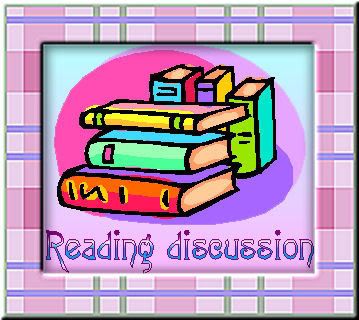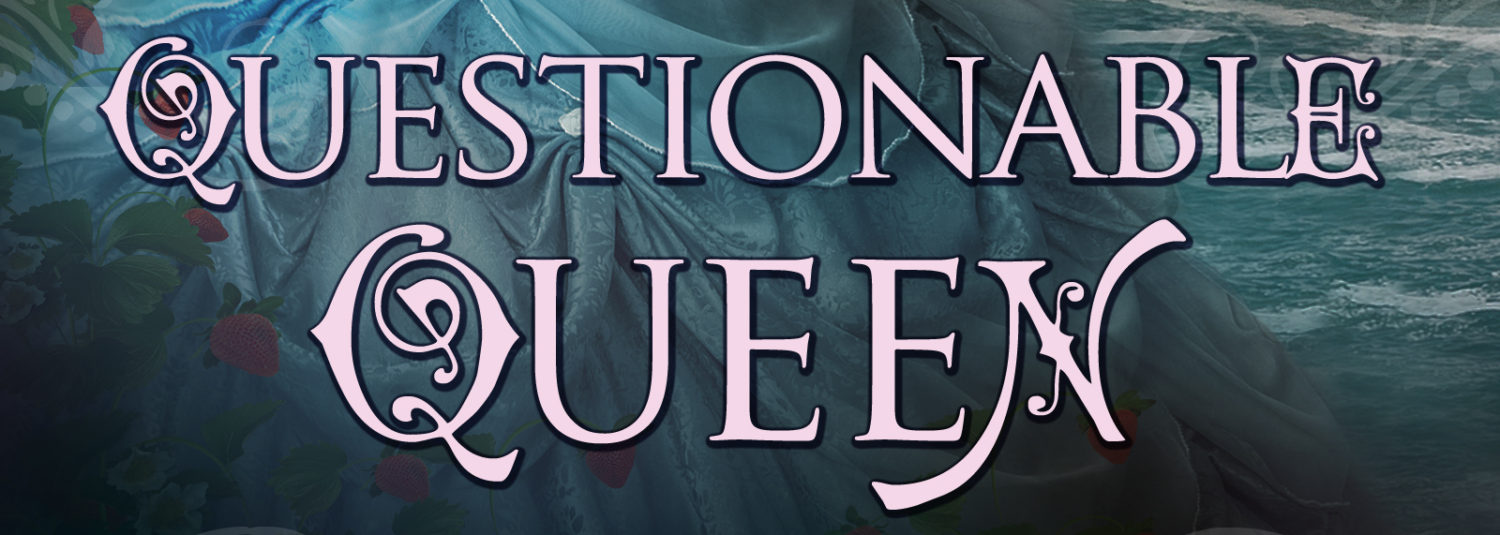 Years ago, I heard someone discussing the necessity of having Public Television, funded by the government and “viewers like you” with the advent of cable and the hundreds of channels available. There was a time when PBS was the only place you could find cultural programming, educational programs and cooking shows, but with cable television it’s possible to find a channel devoted to almost any topic you can imagine. In our house, there are at least two channels devoted to only preschool programs, all day, and several more with cartoons and other kid-type programs. We have a cooking channel, and several that show art films, independent films, and other kinds of “cultural” programming, including a channel devoted to only gay and lesbian programming!!
Years ago, I heard someone discussing the necessity of having Public Television, funded by the government and “viewers like you” with the advent of cable and the hundreds of channels available. There was a time when PBS was the only place you could find cultural programming, educational programs and cooking shows, but with cable television it’s possible to find a channel devoted to almost any topic you can imagine. In our house, there are at least two channels devoted to only preschool programs, all day, and several more with cartoons and other kid-type programs. We have a cooking channel, and several that show art films, independent films, and other kinds of “cultural” programming, including a channel devoted to only gay and lesbian programming!!
Today, I heard a similar discussion about libraries. Do we need to have huge main libraries in every city with smaller branches around the area? Do we need to have the government fund things like DVD rentals, large paperback collections and every magazine published? With the Internet and places like Amazon, huge bookstores and independent and used bookstores, do libraries serve the same purpose they did in the past?
What do you think? Do you still use the library? If so, why? If not, why not?





Trackback 11
TrackBack URL
http://nancysbrandt.com/2007/04/reading-topic-are-libraries-necessary-in-the-21st-century/trackback/